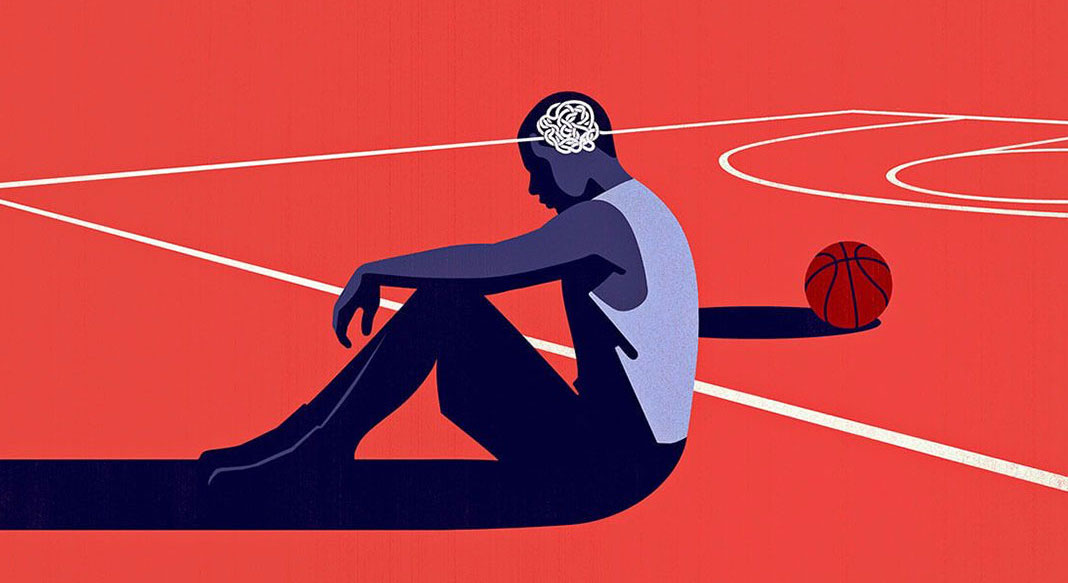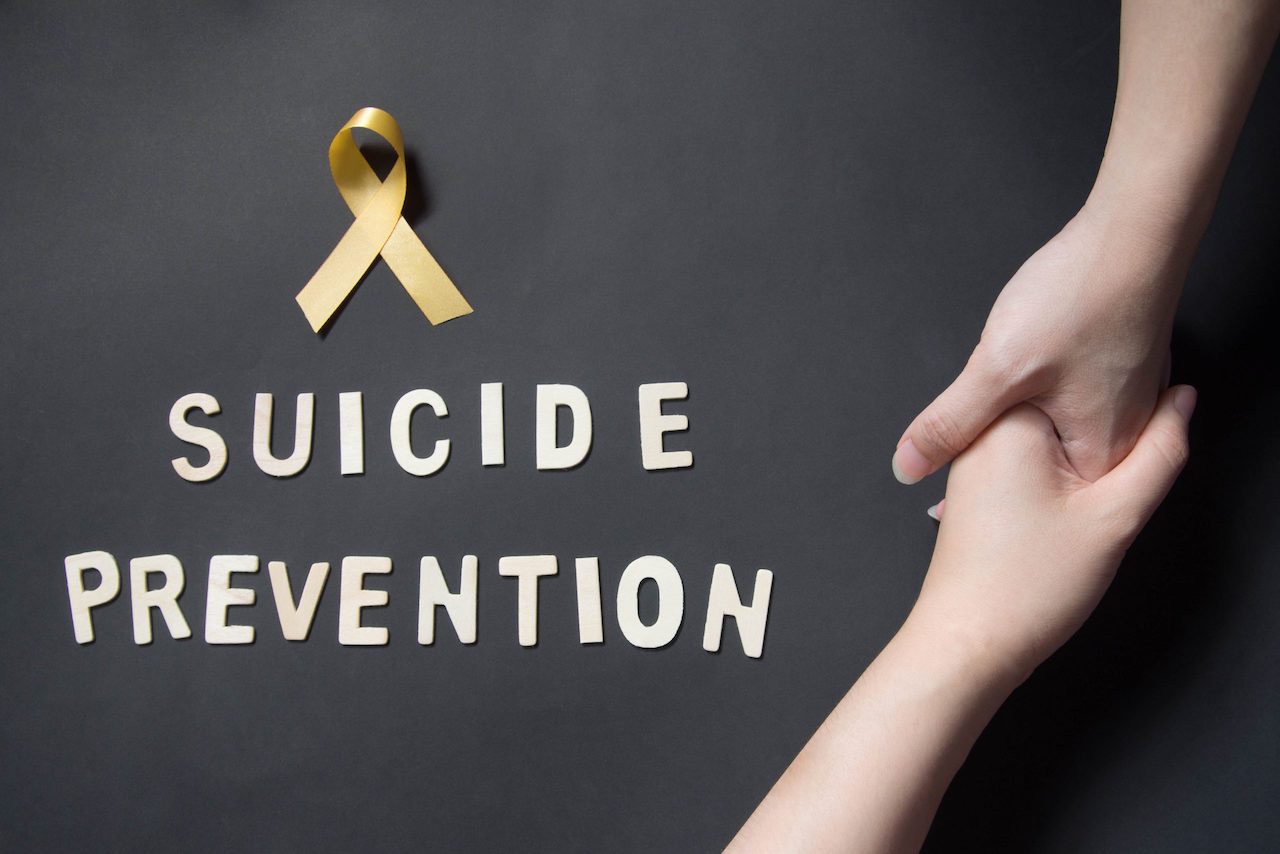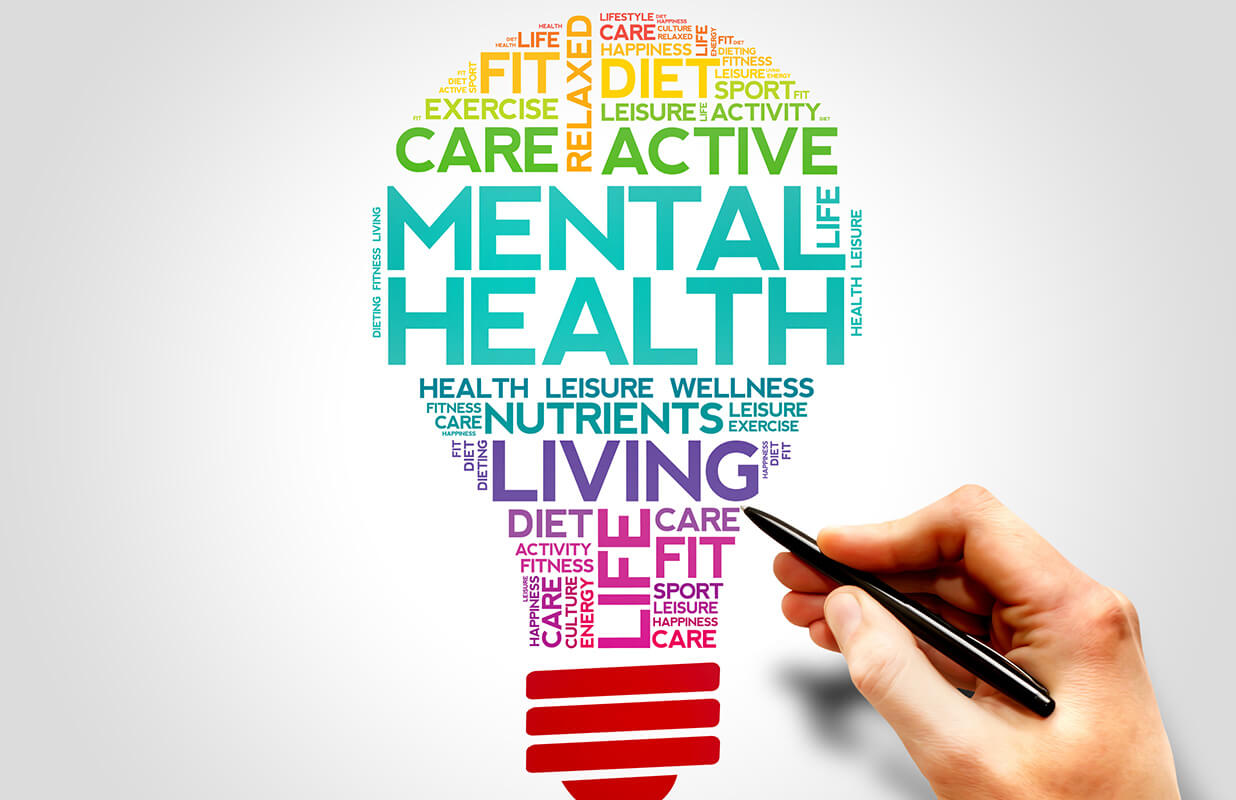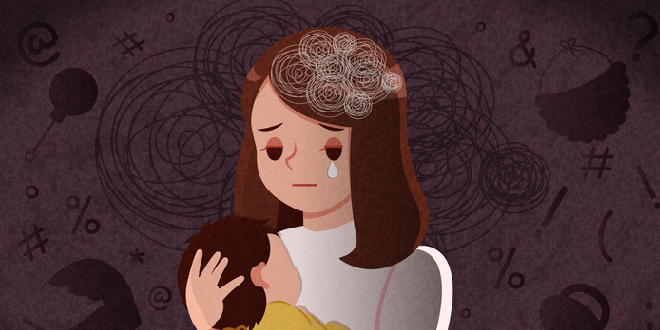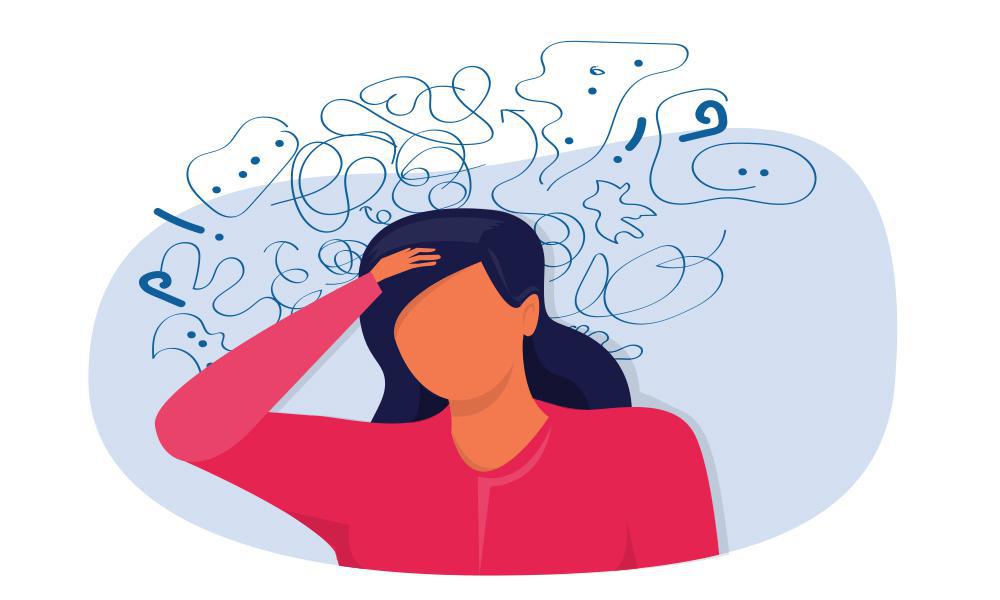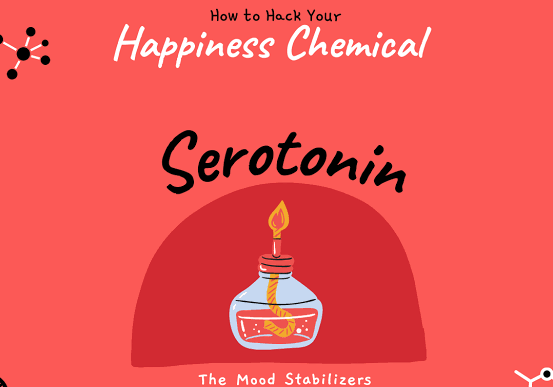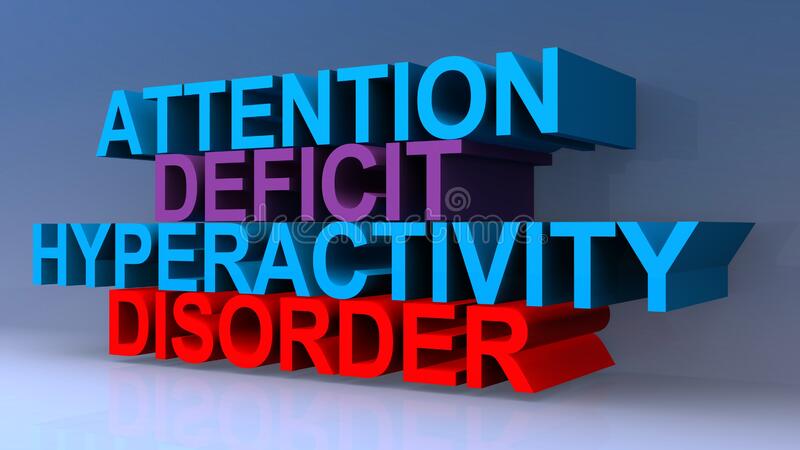Psychological Pressure Athletes Face
“I think that everything is possible as long as you put your mind to it and you put the work and time into it. I think your mind really controls everything.” Michael Phelps Sports is not just a word, it’s an emotion for athletes. They breathe and live sports each day of their lives. In…


